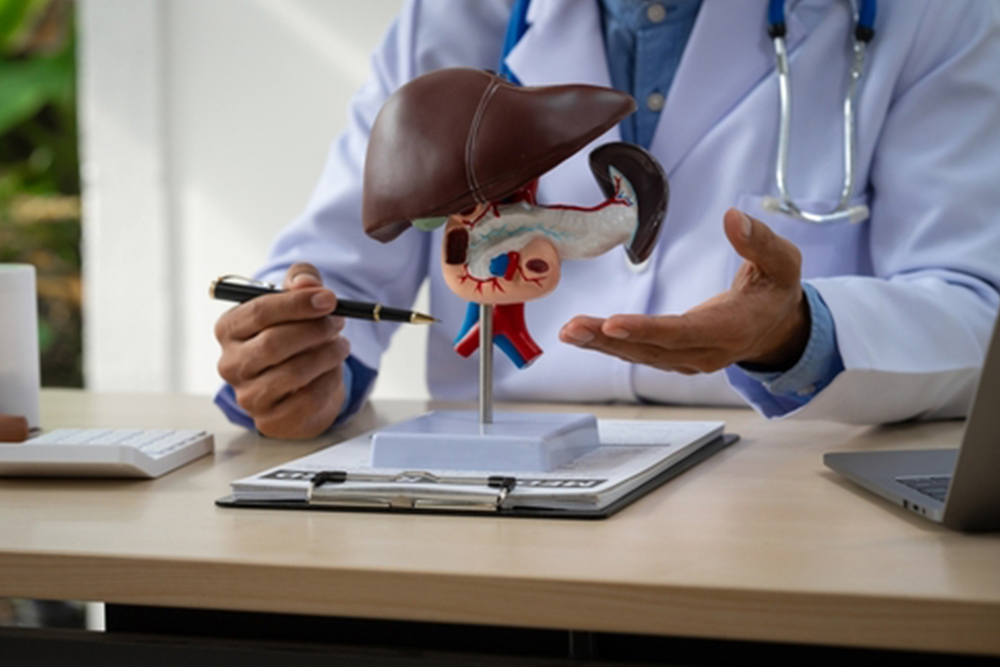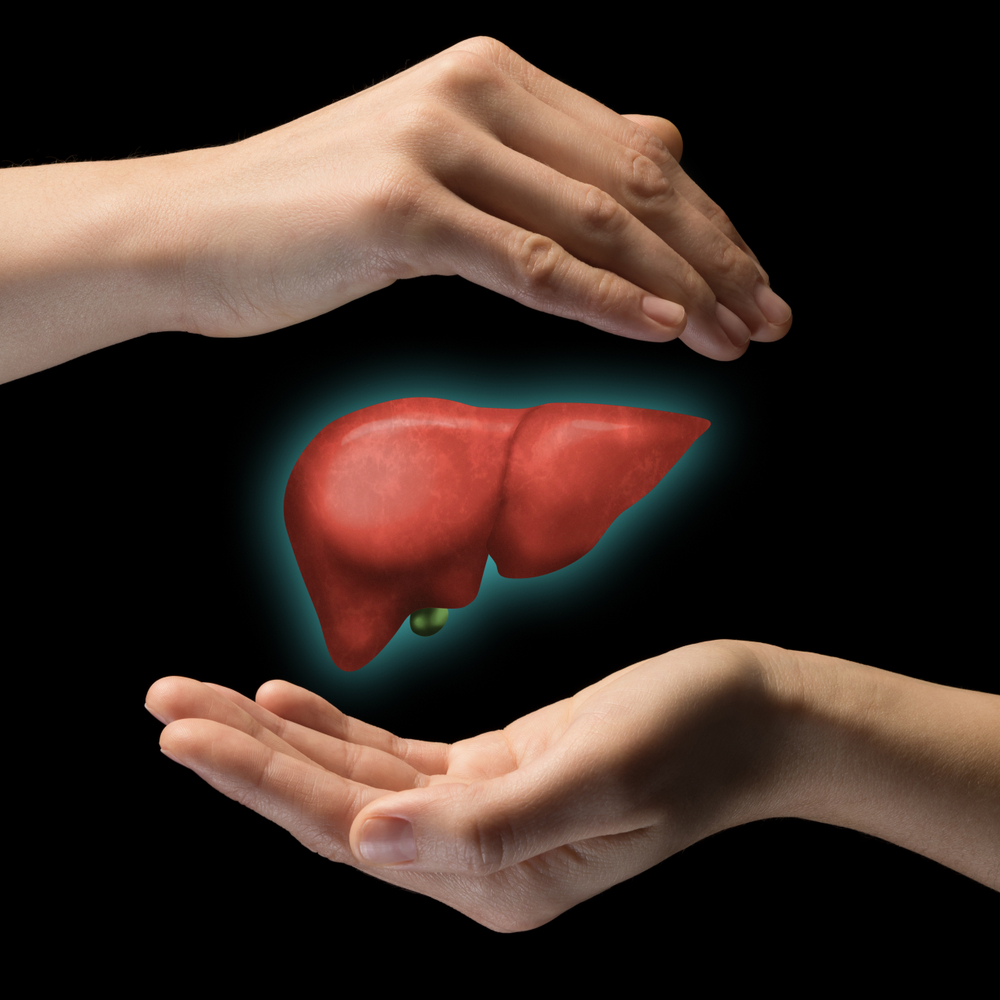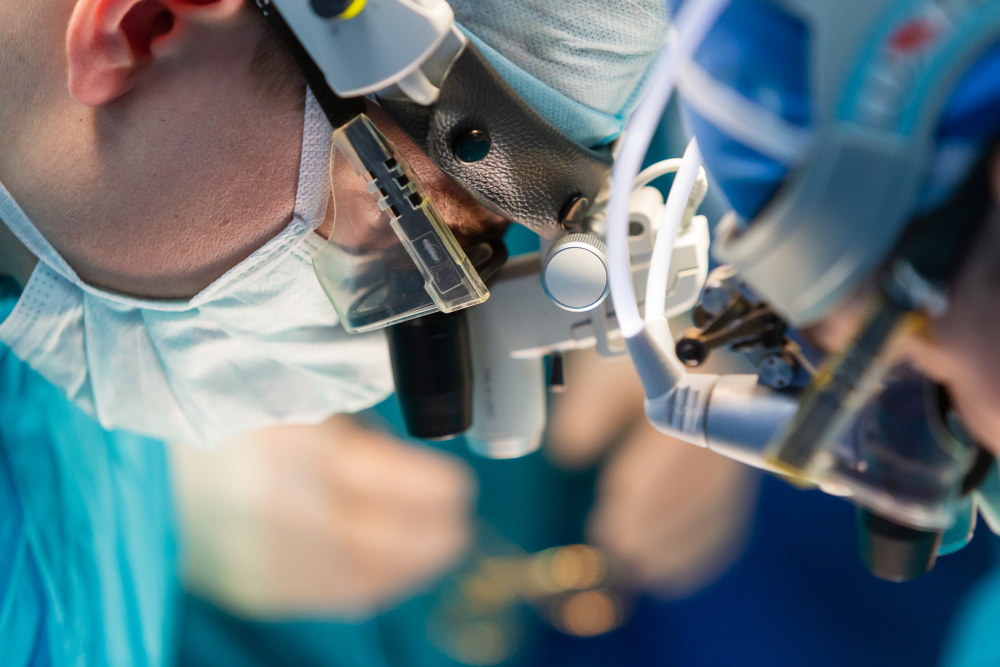Interview: Richard Furie, MD, Talks About Anifrolumab Treatment in Patients with SLE
During the American College of Rheumatology (ACR) Convergence 2020, several presentations discussed data on the use of anifrolumab to treat patients with systemic lupus erythematosus (SLE). DocWire News sat down for an interview with Richard Furie, MD, Professor, Donald and Barbara Zucker School of Medicine at Hofstra/Northwell, to discuss two abstracts, Early and Sustained Reduction in Severity of Skin Disease with Anifrolumab Treatment in Patients with Active SLE Measured by the Cutaneous Lupus Erythematosus Disease Area and Severity Index (CLASI): Pooled Data from 2 Phase 3 Studies, and Comprehensive Efficacy of Anifrolumab Across Organ Domains in Patients with Active SLE: Pooled Data from 2 Phase 3 Trials. Read or watch the interview:
Richard Furie, MD, Talks About Anifrolumab Treatment in Patients with SLE
Orthopedic Surgery’s Diversity Problem: Most Arthroplasty Researchers Are Men
Orthopedic surgery remains a male-dominated field, significantly lacking behind other medical specialties. One study found that in 2018-19, among the top 10 specialties by residency size, orthopedic surgery had the lowest percentage of female residents, reporting just 15%. The second lowest specialty (radiology) reported 27%, illustrating a significant gap. Despite efforts to improve diversity in orthopedic surgery, a study found that authors with high arthroplasty publication volume are still almost entirely male. “While the majority of authors with high arthroplasty publication volume were orthopaedic surgeons, there were significant gender disparities among the leading researchers. We should continue working to increase gender representation and supporting the research careers of women in arthroplasty,” the study authors wrote in their conclusion.
Orthopedic Surgery’s Diversity Problem: Most Arthroplasty Researchers Are Men
Healthcare Visits, DMARD Treatment Both Interrupted for Autoimmune Rheumatic Patients During COVID-19
According to a study, during the early days of the COVID-19 pandemic, patients with rheumatoid arthritis (RA), psoriatic arthritis (PsA), ankylosing spondylitis (AS), and systemic SLE often avoided office visits and frequently experienced disease-modifying antirheumatic drug (DMARD) interruptions. A total of 1,517 patients filled out the survey (RA, n=925; PsA, n=299; AS, n=185; and SLE, n=108). Patients reported avoiding doctor’s office visits (56.6%) and laboratory testing (42.3%). Of the patients taking DMARDs who did not have COVID-19 or other respiratory illness, 14.9% stopped a DMARD; nearly all treatment interruptions (78.7%) were not recommended by their physician.
Black, Hispanic Patients Have More Complications After Revision for Arthroplasty Failure
Black and Hispanic patients who undergo revision surgery following failed total joint arthroplasty (TJA) are more likely to have complications compared to White patients, according to a study. A retrospective analysis was performed at a single institution, where 4,424 consecutive revision TJA patients were assessed. Black patients, compared to White patients, had a significantly higher body mass index (BMI), American Society of Anesthesiologists (ASA) score, and rates of postoperative infection, as well as longer hospital length of stay (LOS). Hispanic patients, compare to White patients, had a significantly higher BMI and risk for postoperative infection. Black patients had a significantly higher ASA score compared to Hispanic and Asian patients, as well as a significantly longer LOS and postoperative infection risk.
Black, Hispanic Patients Have More Complications After Revision for Arthroplasty Failure
Credit: Original article published here.









